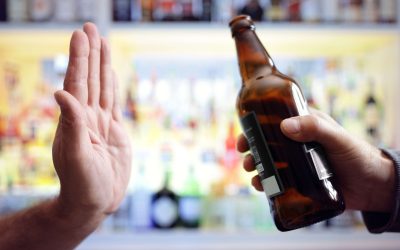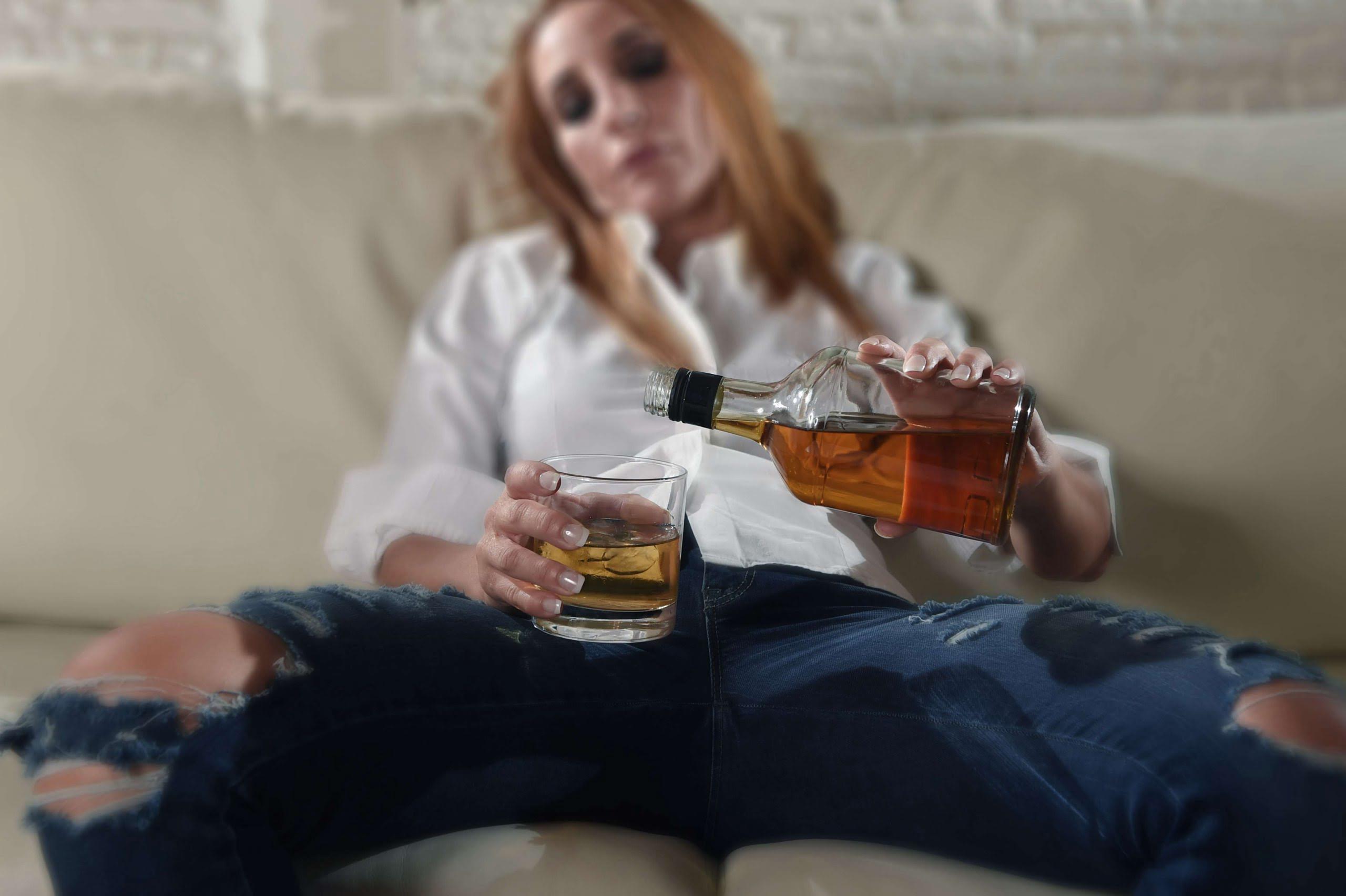That’s because alcohol functions as a muscle relaxant which can cause your airway to be more relaxed or floppy. While that may make it sound like alcohol is a good sleep aid, that is only half of the story. That’s because alcohol has different impacts on falling asleep and staying asleep, bringing us to our next point. Alcohol is a central nervous system depressant, which means it slows down brain activity. It does this by affecting chemical messengers in your brain called neurotransmitters. “Almost every category of sleep disorders can be adversely affected by alcohol use, specifically chronic alcohol use,” says Dr. Foldvary-Schaefer.
- In alcoholic insomnia the patient tosses from side to side during nearly the whole night, getting only broken snatches of sleep attended with frightful dreams.
- Although consuming alcohol before bedtime helps you fall asleep faster, the popular beverage negatively affects overall sleep quality.
- As research consistently shows, however, the opposite is actually true.
- Because of the damage that alcohol can do to your sleep cycles, sleep problems are common, even if you stop drinking.
- Alcohol initially acts as a sedative, increasing the proportion of deep sleep at the beginning of the night.
The more you drink, and the closer your drinking is to bedtime, the more it will negatively impact your sleep. Even moderate amounts of alcohol in your system at bedtime alters sleep architecture—the natural flow of sleep through different stages. It also leads to lighter, more restless sleep as the night wears on, diminished sleep quality, and next-day fatigue. While alcohol’s sedative effects wear off quickly, its impact on sleep quality and circadian rhythms can linger for several days. Heavy or repeated drinking disrupts normal REM cycles, making it harder to get consistent, refreshing sleep even after you stop drinking. Some people also experience rebound insomnia, vivid dreams, or fatigue for several nights as their body readjusts.
If you feel pretty drunk, you’ll probably fall asleep quickly but have a restless night. It has a sedative effect that helps you relax and makes you drowsy, so you fall asleep faster. It also covers what symptoms you might have if you don’t wait long enough between having your last drink and going to bed. This may mean a night of drinking too much and impacted sleep could both be contributing to a headache the next morning.
Should I take vitamin D in the morning or evening?
On average, it takes the body one hour to process each unit of alcohol consumed, so aim to finish your last unit at least four hours before bed. Below, we’ll take a closer look at how alcohol affects the different stages of sleep, as well as how the quantity and timing of alcohol can influence sleep quality. Wine might help you fall asleep, but it can have negative impacts on sleep quality. Alcohol increases levels of adenosine, a key component of the homeostatic drive. The homeostatic drive is responsible for keeping our body balanced, and it’s one of the major mechanisms that regulates the sleep-wake cycle.
Why Sleep Apnea is More Than Snoring: Health Risks and Solutions
When drinking before bed, be mindful of the potential to develop symptoms of insomnia. This can become a habit that can create an unhealthy reliance on alcohol. Insomnia is a common sleep disorder that causes difficulty falling or staying asleep. Due to the lack of uninterrupted sleep you can experience overnight, you are Sober living house more prone to feeling excessively tired throughout the next day. During this stage, your eyes stop moving and your body temperature drops to prepare you for deeper sleep.
Mental Health Treatment

We publish material that is researched, cited, edited and reviewed by licensed medical professionals. The information we provide is not intended to be a substitute for professional medical advice, diagnosis or treatment. It should not be used in place of the advice of your physician or other qualified healthcare provider. Alcohol withdrawal insomnia is so common that it is one of the diagnostic criteria for alcohol withdrawal. Insomnia from alcohol withdrawal is likely to persist through the initial period of abstinence.
These disruptions affect the quality of your sleep, leaving you feeling tired and groggy in the morning. Alcohol is a central nervous system depressant, meaning it slows brain activity and induces feelings of relaxation. This sedative effect can make you feel drowsy and help you drift off to sleep more quickly. While alcohol can bring on sleep, it doesn’t necessarily mean the quality of sleep will be good.

- Have you ever woken yourself up snoring after an evening cocktail or two?
- It’s one part of the rebound effect the body goes through as it clears alcohol from your system, which is linked with frequent sleep disturbances in the second half of the night.
- Further, alcohol relaxes the muscles in the airways, which can exacerbate snoring – potentially disrupting the sleep of your partner too.
- Evidence suggests that consuming alcohol may decrease the body’s sensitivity to cues, like daylight and darkness, which trigger shifts in body temperature and secretion of the sleep hormone melatonin.
- According to 2015 research out of the University of Sussex, 62% of Dry January participants reported better sleep.
- Although there’s no evidence that alcohol can cause narcolepsy (sleepwalking), it does disrupt REM sleep, which may make the onset of sleepwalking more likely.
But the reality is that many people choose to raise a glass of beer, wine or liquor out of enjoyment or to toast good times. So, how can you do that with the least amount of impact on your sleep? That’s bad because the REM cycle is essential for feeling bright-eyed and rested when you get up in the morning. Join our Sleep Care Community — a trusted hub of sleep health professionals, product specialists, and people just like you. Whether you need expert sleep advice for your insomnia or you’re searching for the perfect mattress, we’ve got you covered. To avoid alcohol dependence, it’s vital to seek a medical professional for your insomnia and alcohol use.
Effects of alcohol on sleep
If you’re someone who experiences snoring, or sleep disorders like insomnia or sleep apnea, experts say that alcohol can exacerbate any such existing conditions. Plenty of research suggests that the initial sedative effect of alcohol will wane as its levels in the blood decrease. This means that there may be a reduction in sleep onset latency (the time it takes to fall asleep) but you’ll run the risk of disruption to you sleep later in the night. Alcohol is classified as a central nervous system depressant, meaning it slows down brain activity. While “relaxed” may sound appealing, alcohol has also been shown to negatively affect sleep and other physiological processes that occur during sleep.
Why alcohol affects sleep

You might feel sleepy when you drink alcohol because alcohol slows down brain activity. While alcohol may help you feel tired and fall asleep faster, it often disrupts your sleep quality, too, leading to more awakenings and less restorative sleep. By being mindful of your drinking habits, such as by pacing yourself and drinking enough water, you can help minimize these and other negative effects. While some people find that drinking alcohol helps them fall asleep more easily, alcohol ultimately has a negative impact on sleep.
- Limiting alcohol—especially in the hours before bed—is just one part of maintaining healthy sleep.
- Regular physical activity can improve sleep quality and help counteract the negative effects of alcohol on sleep.
- You’ll get a 100% custom plan, then use daily texts to track your progress and help you stay on target.
- The problem is, alcohol is still every bit as toxic as it was BC (Before Covid), and just as detrimental to our health, particularly when it comes to alcohol and sleep.
- If you’re having sleep-related problems, consider cutting back or giving up alcohol.
- We do not offer individual medical advice, diagnosis or treatment plans.
Doctors have found that on its own, alcohol can narrow your upper airway and lead to sleep apnea problems, even if you have never had them before. Many of us will recognise the sensation of waking up with a gasp in the early hours, when our liver is working overtime to metabolize the alcohol. Indeed, sometimes it feels as though only five minutes has passed and you haven’t slept does alcohol help you sleep at all. These night time interruptions are also what contribute to the bleary eyes, lack of focus and overwhelming feeling of lethargy throughout the following day.
This is not only because of the negative health effects of drinking alcohol, but also because alcohol disrupts sleep later in the night. Heavy drinking can make the sleep- and circadian rhythm-disrupting effects of alcohol worse. But even a regular, moderate routine of two to three drinks a day is enough to create sleep and performance problems for many people. In the first half of the night, when the body is metabolizing alcohol, studies show people spend more time in deep, slow-wave sleep and less time in REM sleep. REM sleep, which gets shortchanged in the first half of the night under the influence of alcohol, is important for mental restoration, including memory and emotional processing.
 Phone: +4733378901
Phone: +4733378901  Email: food@restan.com
Email: food@restan.com 
